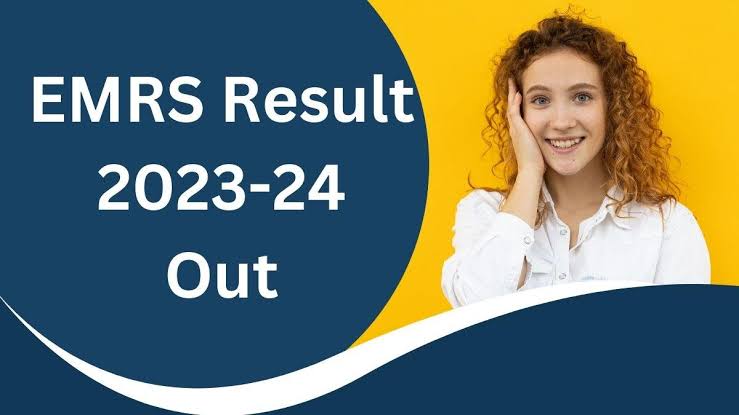UGC’s Call for Authors to Shape textbook in 12 Indian Languages , Apply now

UGC Calls for Authors to Pen Undergraduate Textbooks in Indian Languages.
Introduction:
The University Grants Commission (UGC) has opened its doors to authors, critics, and faculty members from higher education institutes, inviting them to contribute to the creation of original textbooks in 12 Indian languages. This initiative aligns with the National Education Policy (NEP) 2020‘s vision of fostering the use of Indian languages in education.
Also Read : CTET 2024 Exam City Slip Released
Details of the Initiative:
Authors and faculty members have until January 30, 2024, to express their interest and submit their acceptance to the UGC. The commission is focusing on developing textbooks for undergraduate courses in Arts, Science, Commerce, and Social Sciences. The aim is to provide learning materials in 12 Indian languages, catering to a diverse range of students.

Registration Process by UGC:
Interested individuals can register by filling out the Expression of Interest (EOI) form available on the UGC website. The commission is also in the process of identifying nodal universities in different states to coordinate the formation of author teams dedicated to producing high-quality textbooks in Indian languages.
Also read : Direct Tax Collection of India Rocket to ₹14.7 Lakh Crore, Setting a New Record!
NEP 2020’s Influence:
The UGC’s initiative is a direct response to the NEP 2020, emphasizing the cognitive benefits of multilingualism for young learners. The policy encourages the use of the home language, mother tongue, local language, or regional language as the medium of instruction, especially in the foundational stages of education. This aligns with the CBSE’s earlier notice urging affiliated schools to adopt NCERT books, now available in 22 scheduled Indian languages.

Significance and Future Impact:
Chairman of UGC, Mamidala Jagadesh Kumar, highlights the importance of this effort in providing learning opportunities to students in Indian languages at the university level. The initiative is a step toward realizing the NEP 2020’s broader goal of promoting linguistic diversity and inclusivity in education.
Conclusion:
As the UGC invites writers to contribute to undergraduate textbooks in Indian languages, it reflects a positive stride towards aligning education practices with the principles outlined in the NEP 2020. This initiative holds the potential to enhance the accessibility and relevance of education for students across linguistic backgrounds, fostering a more inclusive learning environment.
Faq:
- What is the UGC’s initiative regarding Indian languages in education?
- The UGC is inviting authors to contribute to the creation of original undergraduate textbooks in 12 Indian languages as part of the NEP 2020’s vision.
- Which subjects are the UGC’s initiative focusing on for textbook development?
- The initiative targets the development of textbooks in Arts, Science, Commerce, and Social Sciences for undergraduate courses.
- When is the deadline for authors to express their interest and submit their acceptance to the UGC?
- Authors have until January 30, 2024 (11:59 pm) to send their acceptance and Expression of Interest (EOI) to the Commission.
- Where can interested authors register for this initiative?
- Authors can register by filling out the online form available at https://docs.google.com/forms/d/e/1FAIpQLSdrW7yAOOHSPqGoLcQKiHEYWh-oz94LxjOCwVyl-8jWLQYwKw/viewform
- What is the UGC’s goal in providing textbooks in Indian languages at the undergraduate level?
- The UGC aims to provide learning opportunities to students in Indian languages, aligning with the goals of the NEP 2020.
- How is the UGC planning to coordinate the creation of textbooks in Indian languages?
- The UGC is identifying nodal universities in different states to form teams of authors who can write high-quality textbooks in Indian languages.
- What influence does the NEP 2020 have on this initiative?
- The initiative is a response to NEP 2020, which emphasizes the cognitive advantages of multilingualism and advocates for using Indian languages in education.
- Why did CBSE issue a notice related to Indian languages in education?
- CBSE encouraged affiliated schools to adopt NCERT books available in 22 scheduled Indian languages, aligning with NEP 2020’s goals.
- Who is Mamidala Jagadesh Kumar, and what role does he play in this initiative?
- Mamidala Jagadesh Kumar is the Chairman of UGC, and he emphasizes the importance of providing learning opportunities in Indian languages at the university level.
- How does this initiative contribute to linguistic diversity in education?
- The initiative promotes the use of 12 Indian languages, fostering linguistic diversity and inclusivity in higher education.



